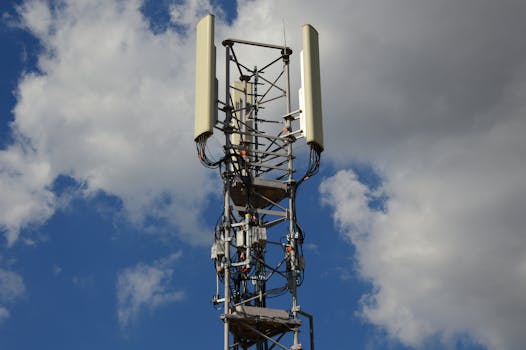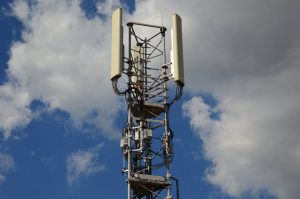5G Technology Advancements and Impact on Mobile Networks

5G Technology Advancements and Impact on Mobile Networks
5G technology advancements have been making waves in the tech industry, promising to revolutionize the way we interact with mobile networks. With its faster speeds, lower latency, and greater connectivity, 5G is set to transform the way we live, work, and communicate. In this article, we will explore the latest 5G technology advancements and their impact on mobile networks.
The rollout of 5G technology has been gaining momentum, with many countries investing heavily in the development of 5G infrastructure. The United States, China, and South Korea are among the countries leading the charge, with many others following suit. The advent of 5G technology has also led to the development of new use cases, such as enhanced mobile broadband, ultra-reliable low-latency communications, and massive machine-type communications.
The Benefits of 5G Technology
So, what are the benefits of 5G technology? For starters, 5G offers faster speeds, with download rates of up to 20 Gbps. This is significantly faster than 4G, which has a maximum download speed of 100 Mbps. 5G also offers lower latency, with latency rates as low as 1 ms. This is critical for applications that require real-time communication, such as online gaming and virtual reality. Furthermore, 5G offers greater connectivity, with the ability to support a vast number of devices and sensors.
The benefits of 5G technology are not limited to individual users. 5G also has the potential to transform industries, such as healthcare, finance, and transportation. For example, 5G can enable remote healthcare services, such as telemedicine and remote monitoring. In finance, 5G can enable fast and secure transactions, such as mobile payments and stock trading. In transportation, 5G can enable smart traffic management, such as real-time traffic monitoring and intelligent routing.
The Impact of 5G on Mobile Networks
The impact of 5G on mobile networks has been significant. 5G has enabled the development of new mobile services, such as enhanced mobile broadband and ultra-reliable low-latency communications. 5G has also enabled the widespread adoption of IoT devices, such as smart home devices and industrial sensors. Furthermore, 5G has enabled the development of new business models, such as mobile edge computing and network slicing.
However, the impact of 5G on mobile networks has not been without its challenges. The rollout of 5G technology has required significant investment in new infrastructure, including 5G base stations and fiber optic cables. The deployment of 5G technology has also required significant testing and validation, to ensure that 5G networks are reliable and secure. Furthermore, the adoption of 5G technology has required significant changes to existing business models, including the development of new pricing plans and service offerings.
Conclusion
In conclusion, 5G technology advancements have had a significant impact on mobile networks. With its faster speeds, lower latency, and greater connectivity, 5G has enabled the development of new mobile services and transformed industries. However, the rollout of 5G technology has not been without its challenges, including significant investment in new infrastructure and changes to existing business models. As 5G technology continues to evolve, we can expect to see even more innovative applications and use cases, transforming the way we live, work, and communicate.



